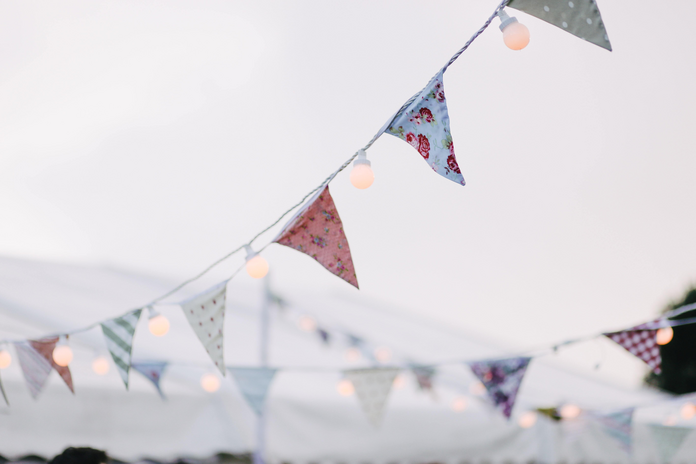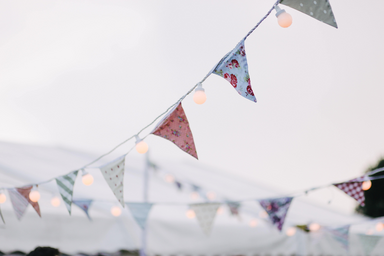Dr. Mulhall Adelman is an American historian who teaches here at Framingham State University. From study aboard to childhood history to balancing work and family life, with every word she drops knowledge.
What are you involved with on campus?
“I am a member of the university curriculum committee as well as the departmental curriculum committee. So some of the stuff I do is looking a program changes being made, new courses that are being approved, looking a general education courses and things of that nature. I also serve on the assessment advisory group which mostly looks at gen-ed courses. I’m also involved in the foundations program, every fall I teach a section of the foundations courses as well as serve on the foundations steering committee.”
What first got you interested in history?
“A teacher I had my sophomore year of high school. I had an AP European history course and we walked in on the first day and the teacher said ‘It’s an AP course and I plan to teach it as one so get ready.’ It was definitely the hardest class I’d ever taken but there was something that I really loved about the challenge and having to work to achieve it. She also told lots of stories, which made it really human and come to life.
“Once I got further along in studying history, I loved getting the chance to look back and envision what it would have been like. Also trying to understand the motives and actions of those living in a completely different world than us, seeking to understand why they functioned in the world the way that they did.”
What made you want it to be a career?
“I don’t know that I ever consciously chose it as a career. I continued studying it, mostly because I enjoyed it. It wasn’t until partway through graduate school that I realized a PhD in history was not something you did just because you enjoyed it, but was actually a professional decree that led to being a professor. Luckily, it turns out that I really love teaching, which I discovered when I was a TA in graduate school.”
What drew you to studying family life and childhood, specifically?
“When I was an undergraduate, I was always drawn to women’s history or history of childhood topics. When I started in graduate school, I started with women’s history but when I went to do my dissertation the questions I asked all related to children. I’ve always been interested in questions of identity and denaturalizing conceptions. It’s been done a lot in women’s history and is now widely accepted that standards of femininity have varied in different historical periods and cultures. One of the things that I did when I switched to children’s studies was apply those same questions. So while there are some things that are biological that separate children from adults, a lot of the things that we think of as innate to childhood or children have not always been thought of as such. For example, things like the age at which it is appropriate for children to walk to a playground by themselves has changed over time and is debated today. I look at the ways age, to an extent is socially and culturally constructed and has varied by time and place, and the race, ethnicity and class of the child.”
So last year for the 175th anniversary of Framingham State you wrote a book about the history of our college. Can you tell us about?
“So what Professor Huibregtse and I did, with the help of Jasmine Bonanca, a history major who has since graduated, was to add a new chapter. There was an existing book that was written for the 150th anniversary and we were asked to update it. So to do that most of what we did was adding a new chapter and updated the preface. Jasmine did a lot of the initial research and drafting the structure of the chapter. Then professor Huibregtse and I spent a summer working, editing, filling in gaps in the research. It was a lot of fun, except for the heat in May Hall. We would project the chapter onto the screen. Historians don’t usually work collaboratively, so it was unusual but it was very productive and enjoyable. I think the language was much better than it would have been if we were just writing individually.”
You studied abroad as an undergraduate, correct? What did you personally find to be some of the benefits to that?
“The biggest advantage I got out of it was the independence. I was in Galway, Ireland as a part of a program, but I didn’t know anybody. I’d always been very shy so having to break out of that comfort zone and having to break out and meet all these new people without a safety net was terrifying. But it was also really good because I had no choice.
“I was well enough aware that it was a once in a lifetime opportunity that I pushed myself to do things that I wouldn’t normally do. For example, I went out to an abbey on my own and then had to walk six miles to another town to catch a different bus back. Also, I took an archeology class, which was something my university didn’t offer in America. I got really interested in these castles in Wales, so I wanted to go see them. So I made myself an itinerary and I traveled around Wales by myself during spring break. Things that I never would have thought I’d have the courage to do.”
How do you balance work and family life?
“It is hard. I wish I could say it was easy and not a problem. It is harder than I thought it would be When I was in college I assumed that of course I would have a job and kids. It’s doable and I wouldn’t give up either of them. Also, for myself, I find I’m a better mom when I have time away from kids. I discovered this early on. I suffered a lot of mommy guilt when I put my oldest in daycare but quickly I realized I was happier and how much more attentive I was to him. I also think it makes me a better teacher as I feel more balanced and my kids have helped me think more carefully about how I’m breaking down concepts and teaching things. I wouldn’t give up either of them, they’re mutually beneficial.
“So how I do it, I have a husband who splits everything evenly. It took some time, but we developed a system so all the overall work is split evenly. For me, the most difficult thing about balancing work is that the system works when everything is going well. But then someone gets sick or it snows. Those times are the most challenging and it’s harder without family nearby. But my husband and I equally prioritize our jobs so it’s not one person who always has to step out when the kids get sick, which is really important.”
If you could have dinner with any historical figure who would it be and why?
“Probably Lincoln. He just seems like such a smart, thoughtful person. It would be really interesting to see his rationale. You always get the impression that he was very methodical.”
If you could witness/participate in any historical event what would it be?
“What’s challenging is that I don’t really study big events. I’d probably want to go back and see one of those moments we still have questions about.
What is your advice to undergrads?
“Take advantage of the opportunities that are in front of you. It can be a very stressful time; it doesn’t always feel like an opportunity. But it’s a moment when all the options are open. For many undergrads, it’s when they have the least responsibility, it’s a chance to really explore and try new things. Some of my favorite classes where ones I didn’t want to take or electives. Studying abroad does require some sacrifice but it’s usually cheaper than travelling to foreign countries after college.
“Often where we think we’re going to end up when we start college is often not where we end up, and that’s okay.”
What do you love most about Framingham State?
“The fact that I feel I get to know my students. The classes are small and there are enough students who take multiple classes that I can walk in on the first day and know two-thirds of the students. That’s something I haven’t had in other places. I love the opportunity to engage with students and then watch them develop. We really do care about the students and getting to know students over the course of years is the best.
“I also really appreciate that a part of Framingham State’s mission is to make a high quality education available. It’s something that I value highly and it should be accessible. A student who puts in effort should come out with as good of an education as someone who spent a lot more money.”

